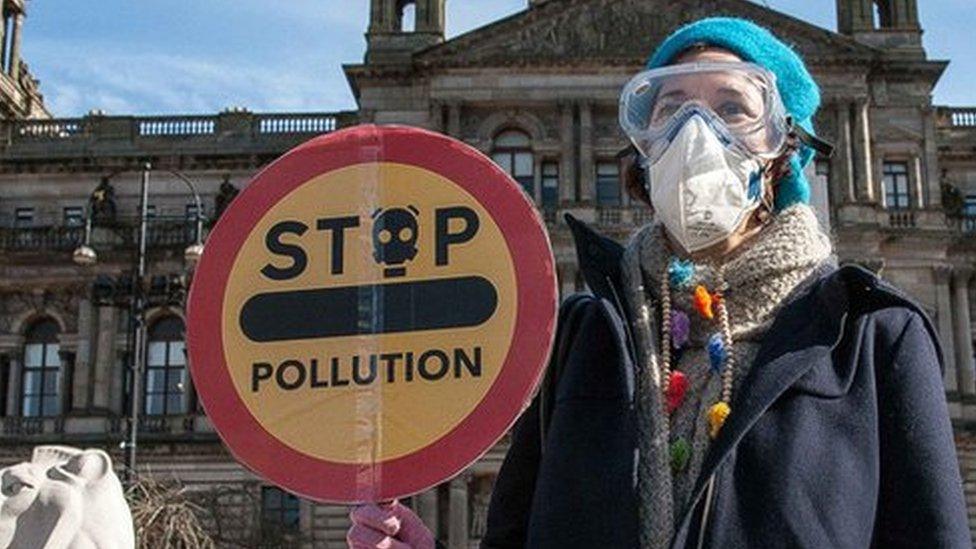Glasgow business's low emission zone legal challenge rejected
- Published
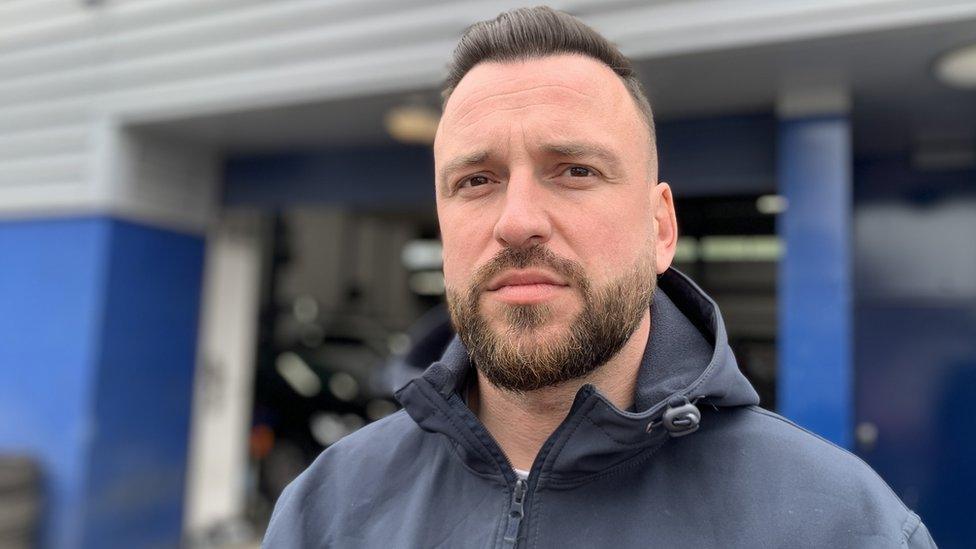
The judge said William Paton's losses were in the "thousands, not the millions of pounds" and were justified
A vehicle repair business has failed in a legal bid to stop the operation of Glasgow's low emissions zone.
John Paton and Sons Ltd took Glasgow City Council to Scotland's highest civil court.
Lawyers for the family business, which is just inside the zone, said the ban on high-polluting vehicles would be detrimental for the garage.
The Court of Session refused the motion, saying the grounds of challenge to the scheme were "not well founded".
The second phase of the low emission zone (LEZ) - which started operating in June 2023 - aims to improve air quality in Glasgow city centre by limiting what vehicles can enter the area.
Cars, lorries and other forms of transportation which do not meet emission guidelines are not allowed and drivers who break the regulations can be fined.
The Patons accident repair workshop on Lister Street is about 500m (0.3 miles) inside the LEZ boundary in Townhead, an area with several car dealerships.
Four of those businesses previously joined Patons to propose a new boundary for the LEZ, but after it was rejected by the council he took legal action.
At a hearing earlier this month, Advocate Lord Davidson of Glen Clova KC told judge Lady Poole that the local authority had failed to follow established legal tests before making its decision to introduce the LEZ.
He said the the local authority's scheme was "illegal" and "draconian" and should be stopped.
Lord Davidson said that available data showed that air quality in the city centre had been improving in recent years and that this trend was set to continue, leaving no need for an LEZ to be introduced inn Glasgow.
Lawyers for the council and Scottish government told the court that the scheme was lawful and introduced with the purpose of improving public health.
In a written judgement published by the court, external, Lady Poole upheld the submissions made to her by the local authority and Scottish ministers.
She wrote that the local authority had acted in line with information provided to them by the Scottish Environment Protection Agency (Sepa).
Lady Poole wrote: "These gave a clear basis for Glasgow City Council to reach the conclusion that, without the LEZ scheme, air quality objectives would not be met in a number of city centre locations."
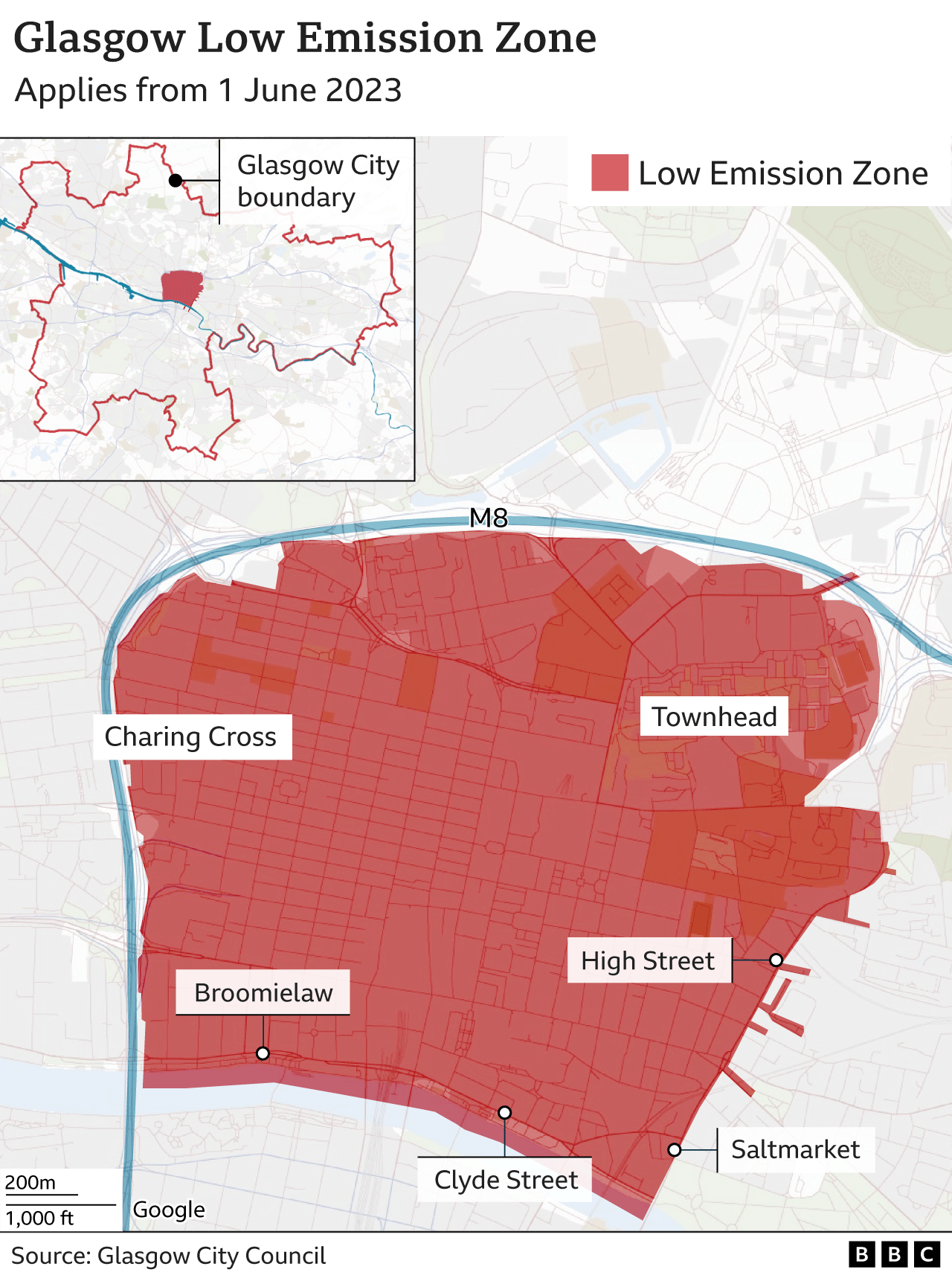
She added: "It was not a mistake of fact for Glasgow City Council to reach its conclusion merely because other methodologies might be applied by other people to reach a different conclusion."
Patons director William Paton commissioned a report by the Hilson Moran Institute to study the impact of the first phase of the LEZ for buses in the city centre, which came into force in 2018.
The report found air quality aims were achieved in phase one, and the second phase for other vehicles would not lead to any further improvement in air quality.
Lord Davidson previously told the court there were 27 stations in Glasgow city centre monitoring levels of nitrogen dioxide (NO2) - the gas which the local authority hopes to reduce.
He said of the 27 stations, all recorded "downward trends" of NO2 in recent years apart from two in Hope Street.
The lawyer claimed his client's human rights had been breached by the introduction of the LEZ.
The court heard this was because the firm would lose business repairing vehicles which weren't compliant with low emission regulations.
While Lady Poole found there had been interference with Paton and Sons' human rights, she concluded that this was not enough to stop the LEZ from operating.
She said the business loss was in the "thousands, not millions of pounds" and was weighed against "strong collective interests in complying with legal obligations as to air quality".
"Having regard to all of these interests, and given the strength of the collective interests concerned, the LEZ scheme represents a fair balance of interests," Lady Poole wrote. "The interference with the petitioner's possessions is justified."
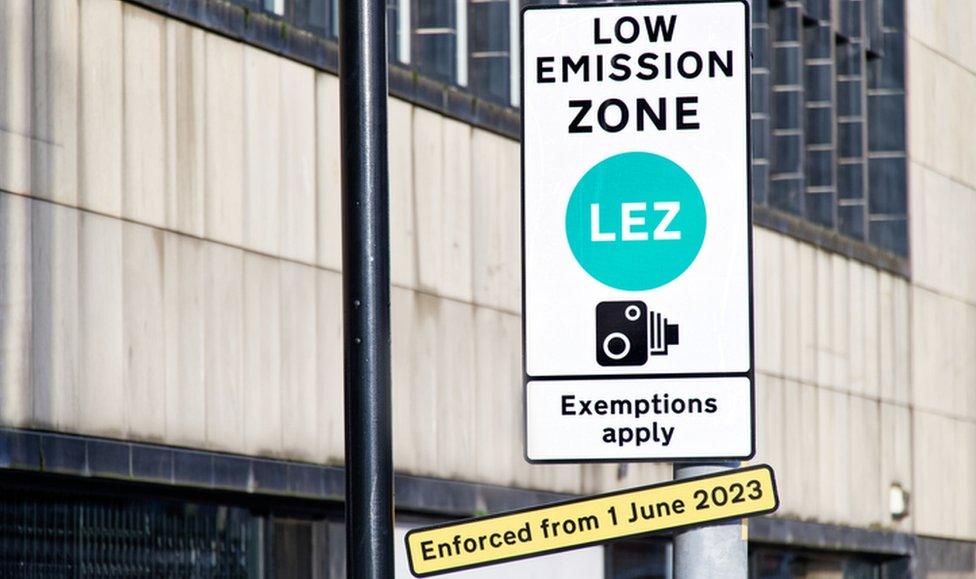
Glasgow City Council said the scheme was an important public health measure
Lady Poole concluded that the firm should address concerns about the LEZ to the city council, which is obliged to review the scheme annually.
Other critics of the scheme said the LEZ would have a detrimental impact on Glasgow's economy.
Paul McManus, drummer with Scots rock band Gun, contributed £100,000 to the legal costs because he felt it would hit poorer people hardest.
Glasgow City Council welcomed the judgement from the Court of Session.
Councillor Angus Millar, city convener for transport and climate, said they had "always had the utmost confidence in the lawfulness and proportionality of the scheme".
Cllr Millar said: "Today's decision reflects that Glasgow's Low Emission Zone is an important public health measure, aimed at bringing down harmful levels of air pollution within the city centre after decades of unacceptable non-compliance with legal standards."
He added: "Air pollution creates and exacerbates people's health conditions and contributes to hundreds of deaths in Glasgow every year, worsening health inequalities and disproportionately affecting the most vulnerable."
Related topics
- Published1 June 2023
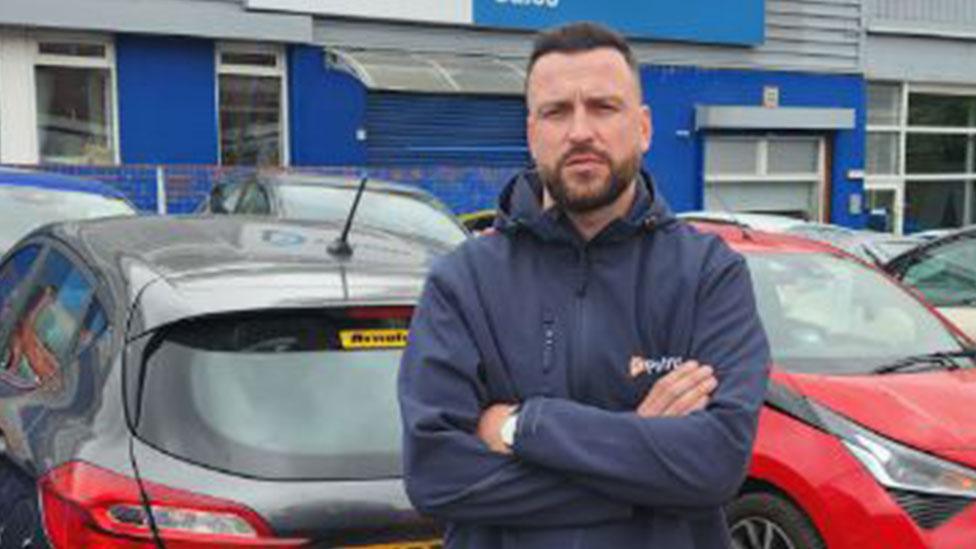
- Published1 June 2023
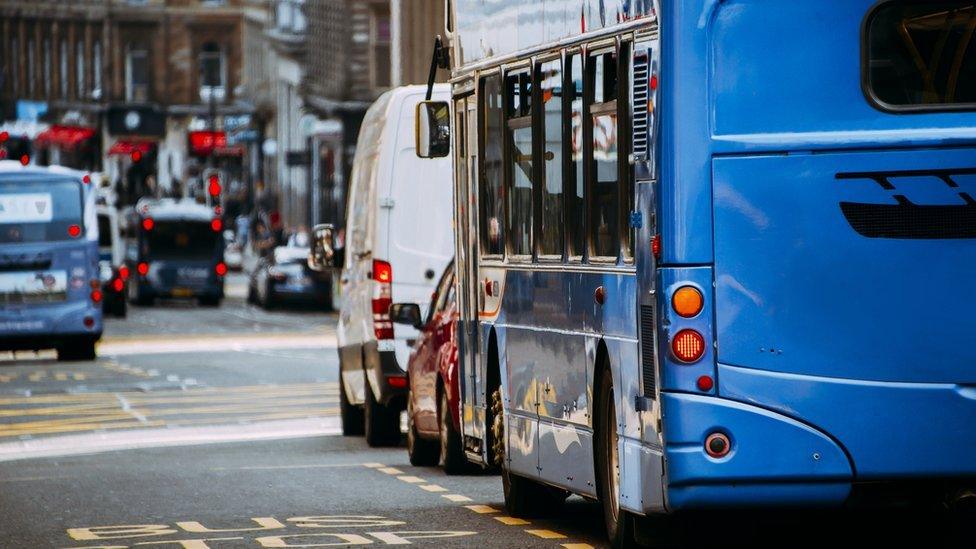
- Published1 June 2023
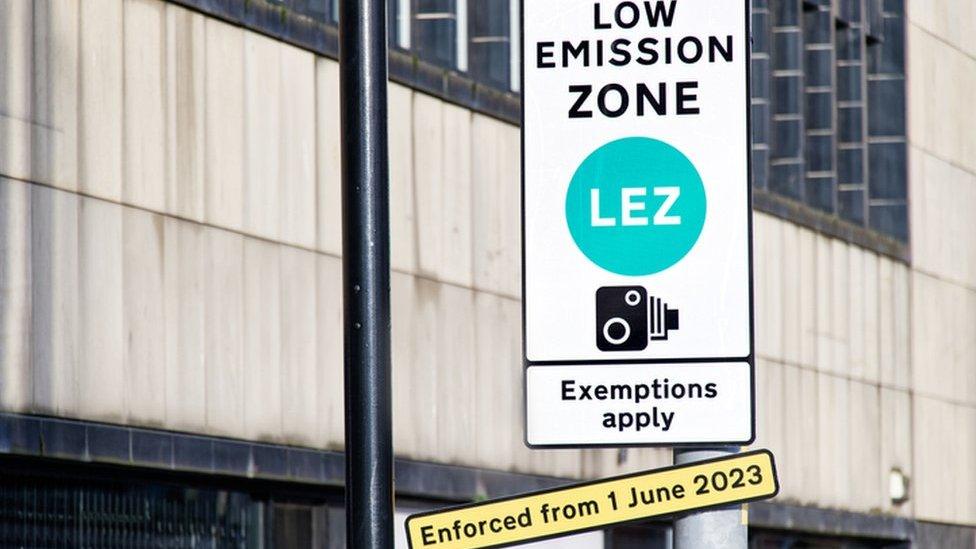
- Published1 June 2023
